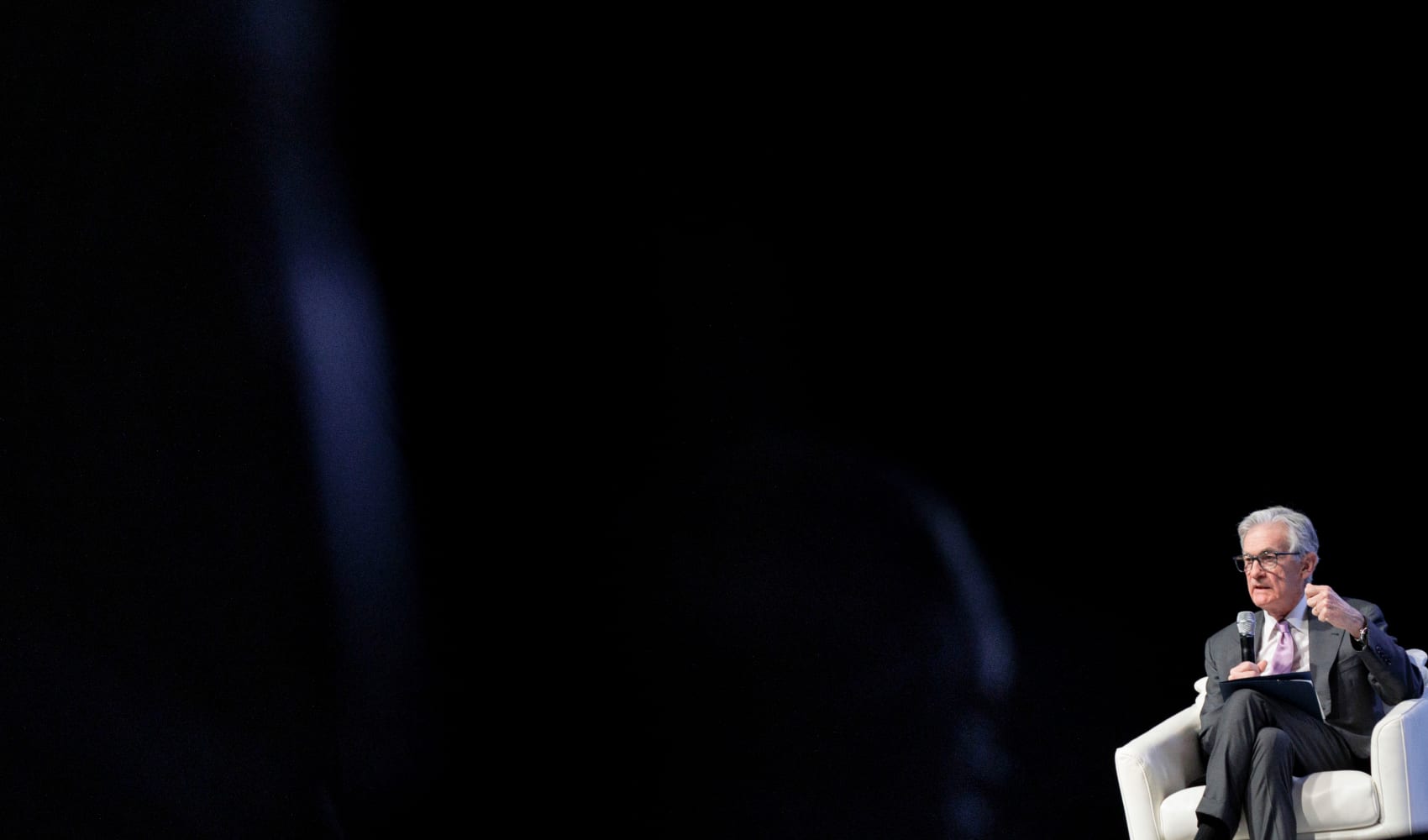
- Pfizer slashed its full-year earnings and revenue guidance as it sees demand for its Covid treatment and vaccine wane.
- The company also launched a cost-cutting plan, which it expects to produce $1 billion in savings this year and at least $2.5 billion in 2024.
- The rollout of Pfizer's latest Covid booster has been rocky, and prior vaccination and infection has made cases milder than before for many people.
Pfizer on Friday slashed its full-year earnings and revenue guidance and launched a $3.5 billion cost-cutting plan due to waning demand for its Covid products.
The company now expects 2023 sales of $58 billion to $61 billion, down from its previous guidance of $67 billion to $70 billion. Pfizer said it cut its revenue outlook "solely due to its Covid products."
The biopharmaceutical company slashed its full-year adjusted earnings guidance to a range of $1.45 to $1.65 per share, from a previous $3.25 to $3.45 per share.
Get top local stories in Southern California delivered to you every morning. Sign up for NBC LA's News Headlines newsletter.
Shares of Pfizer initially dropped in extended trading Friday following the announcement. But Pfizer's stock rose about 4% on Monday after the company held an investor call about the revised guidance and cost-cutting plan.
"We are in the middle of the Covid fatigue. Nobody wants to speak about Covid," Pfizer CEO Albert Bourla said during the call on Monday. "We have the big anti-vaccination rhetoric."
But Bourla noted that people who are getting vaccines and Covid treatments now are people "who believe in the value of protection and will continue this behavior in the years to come."
Money Report
Pfizer said it expects revenue from the Covid treatment Paxlovid to come in $7 billion lower than previously anticipated, in part due to the return of doses labeled for emergency use by the U.S. government. The company also said it anticipates sales of its vaccine, Comirnaty, will be $2 billion lower than previously expected because of lower-than-expected vaccination rates.
Pfizer's latest Covid booster became available in the U.S. last month, but the rollout has been rocky due to supply and insurance coverage issues. Fewer patients have also sought treatments for Covid than they did earlier in the pandemic, as vaccination and prior immunity lead to milder cases for many people.
Pfizer's cost-cutting program doesn't come as a surprise: The company in August said it would be prepared to cut costs if Covid-related sales continued to disappoint.
"Given the new realities that Albert just mentioned, we now know that we need to adjust our cost base accordingly," Pfizer CFO Dave Denton said during the Monday investor call, referring to the slump in demand for Covid vaccines and products.
Pfizer expects the cost cuts, which will include layoffs, to produce $1 billion in savings this year and at least $2.5 billion in 2024. The company expects to incur approximately $3 billion in one-time costs to launch the program, including severance and implementation expenses.
Denton said the program will "touch all parts of the business in all regions," but he declined to provide additional details on the sources of the cuts.
Denton said the cost-cutting initiative will not affect Pfizer's plan to acquire cancer test developer Seagen. He said Pfizer still expects the transaction to close later this year or early in 2024, subject to regulatory approvals and other customary closing conditions.






